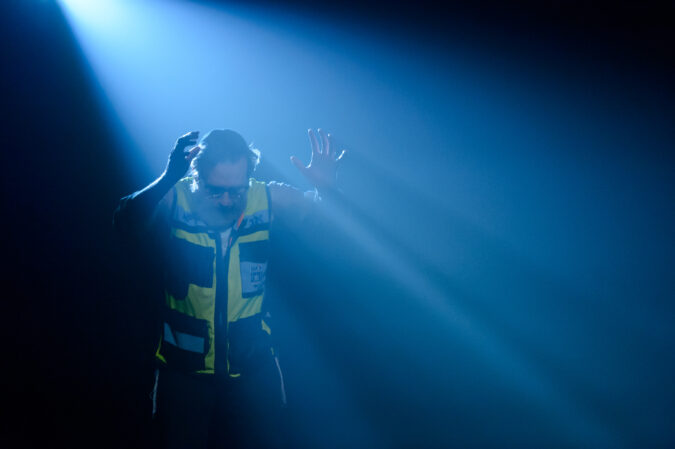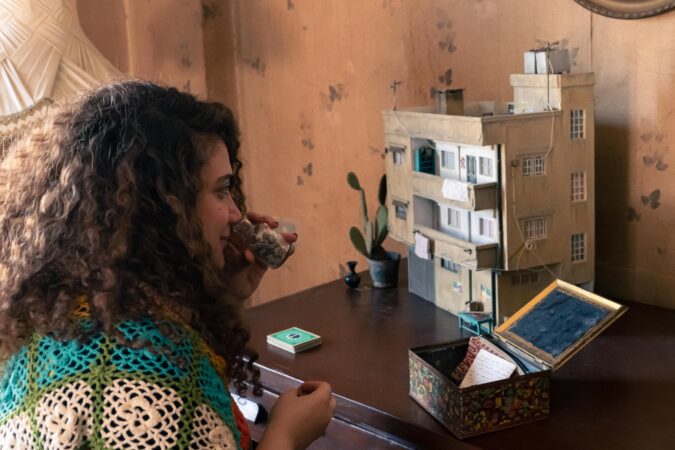Generative Friction Through Programming Plurality
January 02, 2024
Art reflects the world and the times in which we live. At its best, it’s an essential cultural force that builds empathy and understanding. Our aim is that PuSh brings us together and inspires us to have complex and nuanced conversations; to challenge ourselves and each other not only to think differently, but to feel differently. The Festival experience is greater than the sum of its parts and defined in how each piece sits in conversation with the other. These pieces share a sense of cultural urgency and, together, welcome generative friction through plurality as a cultural strategy. Our invitation for critical engagement is exemplified in the relationship between The Runner and Dear Laila within this year’s Festival program.
UPDATE: Please see a joint statement from PuSh, Basel Zaraa and Christopher Morris for an update on the programming of The Runner: https://pushfestival.ca/joint-statement-from-push-festival-basel-zaraa-and-christopher-morris/

The Runner, by Canadian playwright Christopher Morris, is a story about triage that’s set in Israel. It unpacks one character’s dilemma between humanist impulse and socially-imposed morals, as he advocates for seeing all human life as equal. In its commitment to examining the polarizing tensions and conflicting ideologies at work within its Israeli protagonist, it exposes painful racism behind the dehumanizing sentiments encountered by the character. Christopher, who has no direct ties to any country in the region, shares: “I lack the experience, or expertise, to speak on or write a play about the extremely complicated conflict that’s happening right now in that part of the world. And what I’ve been offering since 2018 is a play, from my Canadian perspective, that explores the complexities, and limitations, of empathy and kindness.” Ultimately, he frames The Runner as “an offer for discussion.”
Listen to Christopher Morris’ episode on PuSh Play.

Presented parallel to The Runner, Dear Laila is an installation experienced by one audience at a time that offers an autobiographical perspective on the forced displacement of Palestinians through the story of one family, exposing how war and exile infiltrate the everyday and the domestic. Basel Zaraa, the artist behind the project, is a Palestinian refugee who grew up in Yarmouk refugee camp in Damascus, Syria. In our episode of PuSh Play with Basel, he explains how he centered the work on a miniature model of his destroyed family home in Yarmouk camp, and three stories that represent the three generations who lived in the house. Intimate and interactive, Basel applies a personal approach to the design, with the intention that each audience member individually connect with this story of “[a] family, like many families of our communities, who are stuck in a loop of losses,” and frames the project as “a way for me to face and express and understand the trauma that we live with”.
These two works form part of the wider 2024 Festival ecology, and each plays an integral role to a balance that has been curated with care. In the face of violence and atrocity, presenting live art can feel small. We hope that, collectively, the performances and multimedia experiences of this year’s Festival offer opportunities for self-reflection, better understanding of others’ experiences, and dialogue – actions which in our view can sometimes offer building blocks for meaningful political change.
Photo credits: The Runner, Dylan Hewlett / Dear Laila, Mohab Mohamed